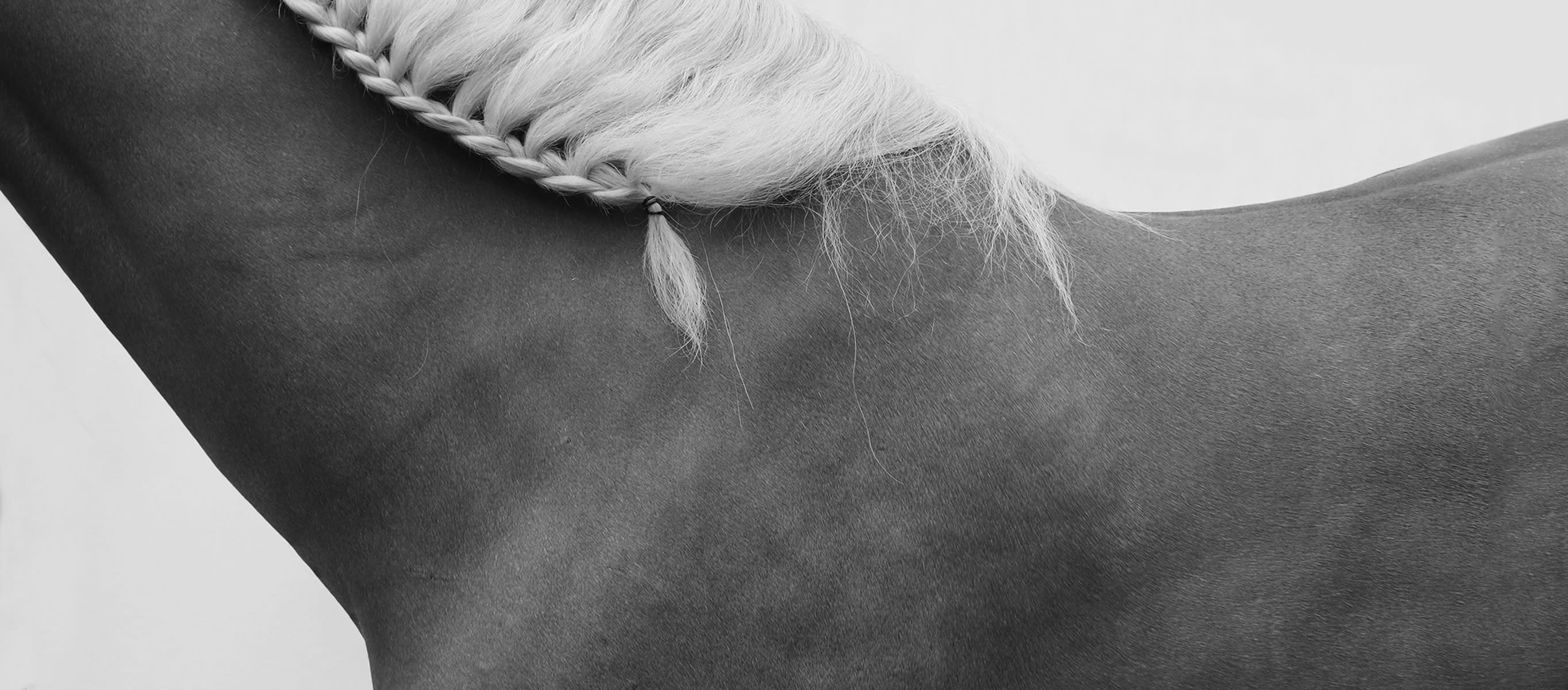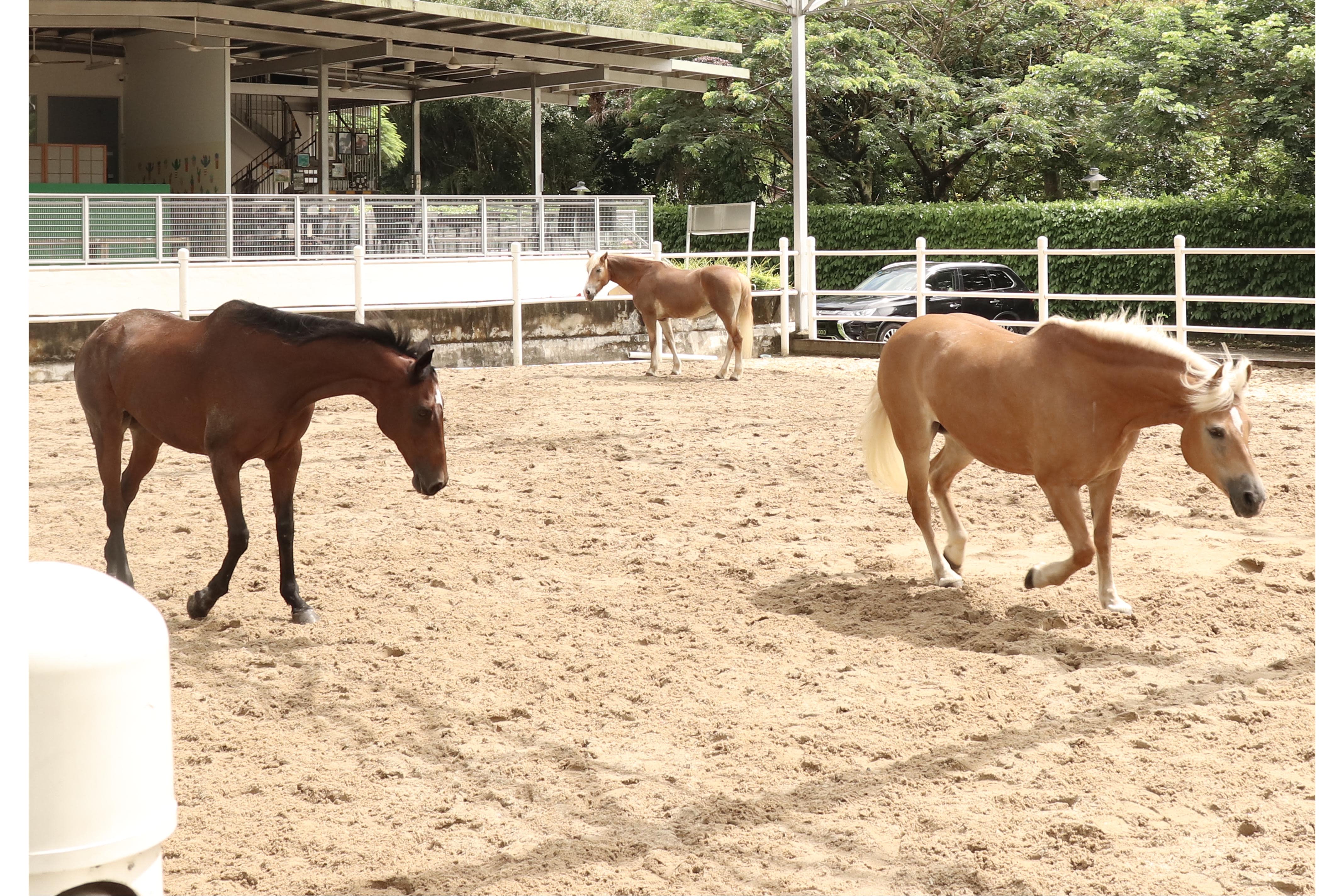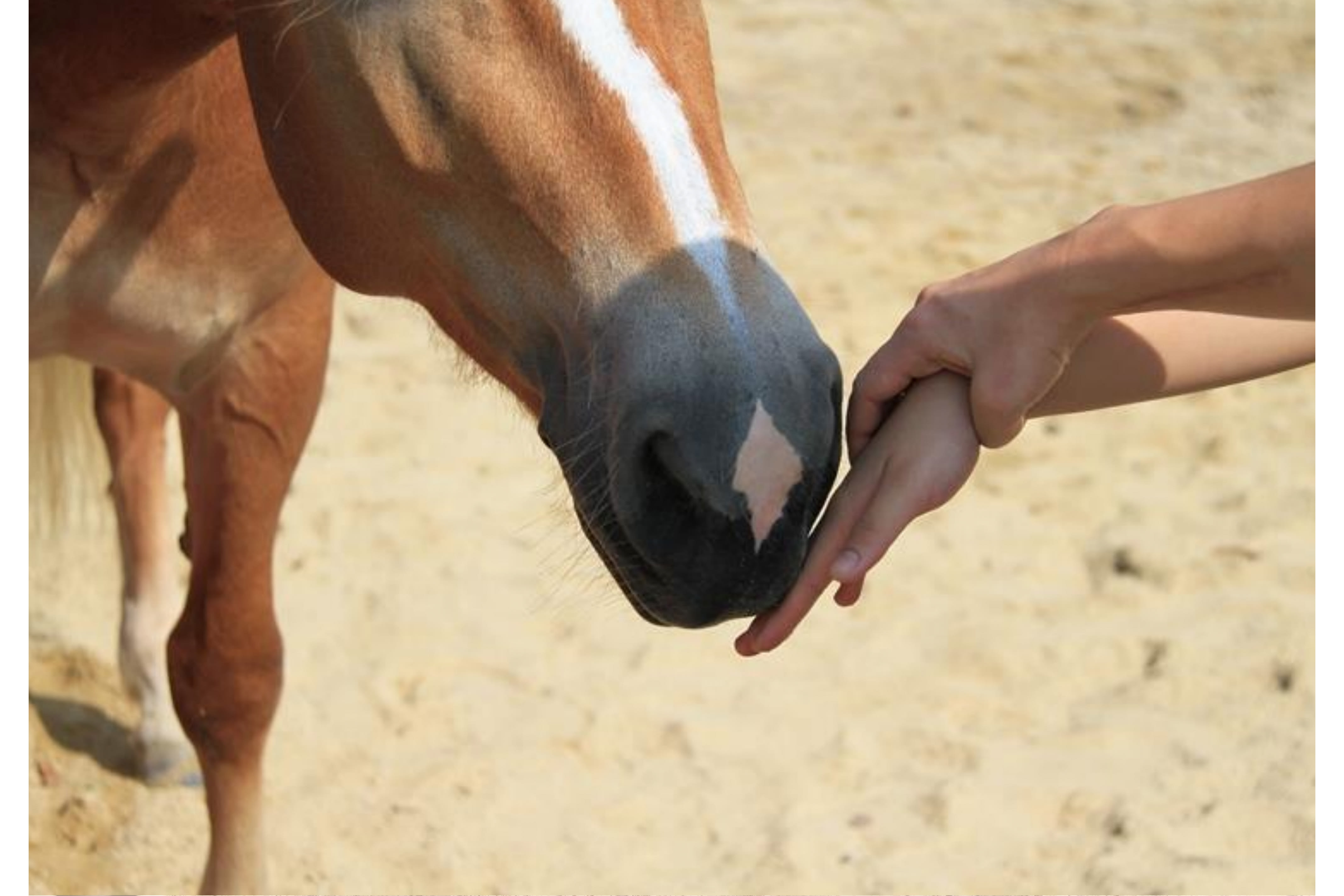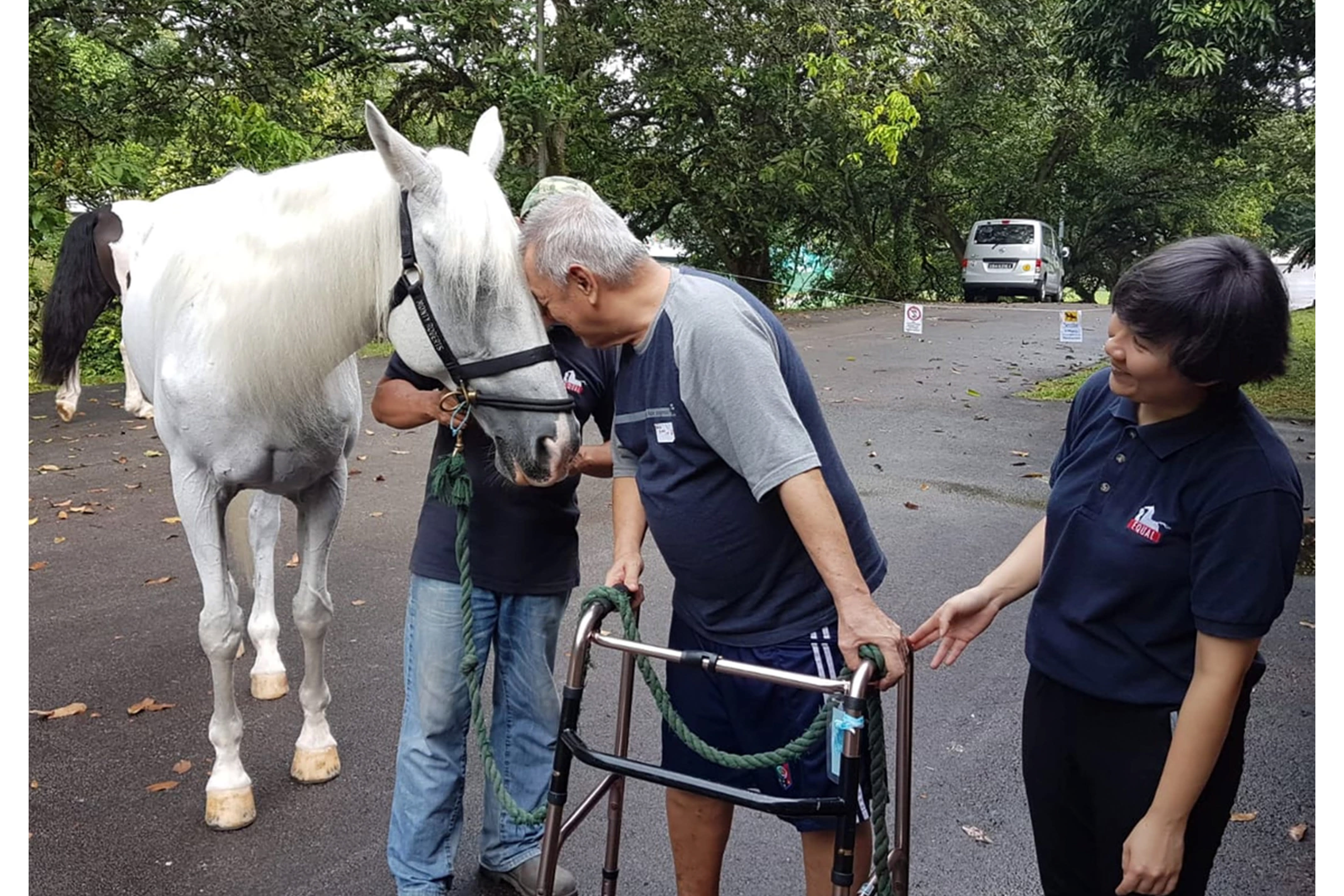
The Magic of Gentle Therapy Horses
by EQUAL
16 November 2020
This December (and all through 2021), we will be supporting EQUAL under our charity initiative, A Better Company. The work that EQUAL does is important and multi-fold. Not only do they rescue animals, but these horses and cats are re-trained to go on to become therapy animals in animal-assisted programmes, helping people in need.

The use of animals such as horses is a powerful way to heal people via non-clinical means. A 2013 study by the Centre for Quantitative Medicine, DUKE-NUS GMS[1] showed an improvement of 68.7% average in 157 Northlight School students in their Habits of Mind after participating in EQUAL’s Equine-assisted Learning programmes; producing significant and rapid changes of social and emotional learning in the youths. While another study by the Institute of Mental Health in 2017[2] has found that EQUAL’s programme “improved the character skills of students that were associated with higher academic grades at the end of the semester”.
Horses have an ability to connect with us on an intrinsic and emotional level. Increasingly, Equine Assisted Therapy is recognised and integrated into mental health recovery programmes, with growing evidence supporting the effectiveness of treatment with horses in a therapeutic environment.
Equine Assisted Therapy can help people with depression, anxiety, ADHD, conduct disorders, addiction, trauma, eating disorders, spectrum and health difficulties, dissociative disorders, Alzheimer’s disease, dementia, and other mental health difficulties.[3]
There are many human stories
to be heard at EQUAL.
Up to 1,500 beneficiaries
are served by EQUAL every year.

Yani
There is Yani, a secondary school student who was known to be impulsive and unaware of the consequences of her actions. She would also shy away from challenges, had a tendancy to give up easily, and lacked focus in her school work. This changed when she joined EQUAL’s youth programme. She had a natural affinity with horses, and identified with the personality of horses during her interactions; in especially with Kary, a black and while speckled Irish sport horse who was affectionately known as the EQUAL herd’s “PR manager”. Yani began to understand the needs of the horses and responded in kind, developing a greater awareness and ability to read emotions and triggers that would translate to improving her everyday human interactions with her family and friends.

Auntie Mary
The power of human-horse connections can empower the elderly to take charge, transiting their role of a dependent and patient to one as a caretaker of horses. Through equine-assisted therapy, they can safely care for and walk horses under supervision—and the experience can help those living with depression and dementia feel more confident and lift their spirits without drugs, including making them less likely to resist care or become upset later in the day. Such was the case for Auntie Mary, an elderly lady who was a wheelchair user, usually passive and quiet. “我要站起来.” (Wǒ yào zhàn qǐlái/ I want to stand up). She wanted to stand up from her wheelchair in order to take a more active role whilst taking care of a horse.
There are emotionally-challenging
situations and mental diseases that touch us
all in one way or another.
It could be us,
or anyone close to us.
For both Yani and Auntie Mary, the time spent with the horses at EQUAL gives them a second chance at navigating the current positions in their lives. Through its equine-assisted learning, EQUAL runs different programmes to help Youths, Families and Elderlies.
There are many more testimonials of how EQUAL has helped the beneficiaries they serve every year. Join us in raising both public awareness, and crucially, funds for EQUAL to continue doing the work that they do.
All research and studies cited here are taken from materials listed on EQUAL's website.
[1] “Exploring the Effectiveness of Equine-Assisted Learning (EQUAL) for Improving Habits of Mind in 13-Year-Old School-children”, Centre for Quantitative Medicine, Duke-NUS Graduate Medical School, Institute of Mental Health, and KK Women’s and Children’s Hospital). Scientifically Validated by Study of 157 Northlight School students, 2013.
[2] "Equine-assisted learning in youths at-risk for school or social failure" by New Fei Ho, Jonathan Zhou, Daniel Shuen Sheng Fung, and Phek Hui Jade Kua. Cogent Education (2017), 4: 1334430
[3] “Equine Assisted Therapy: A Unique and Effective Intervention” by Azmaira H. Maker Ph.D. www.psychologytoday.com. Posted March 2019.

